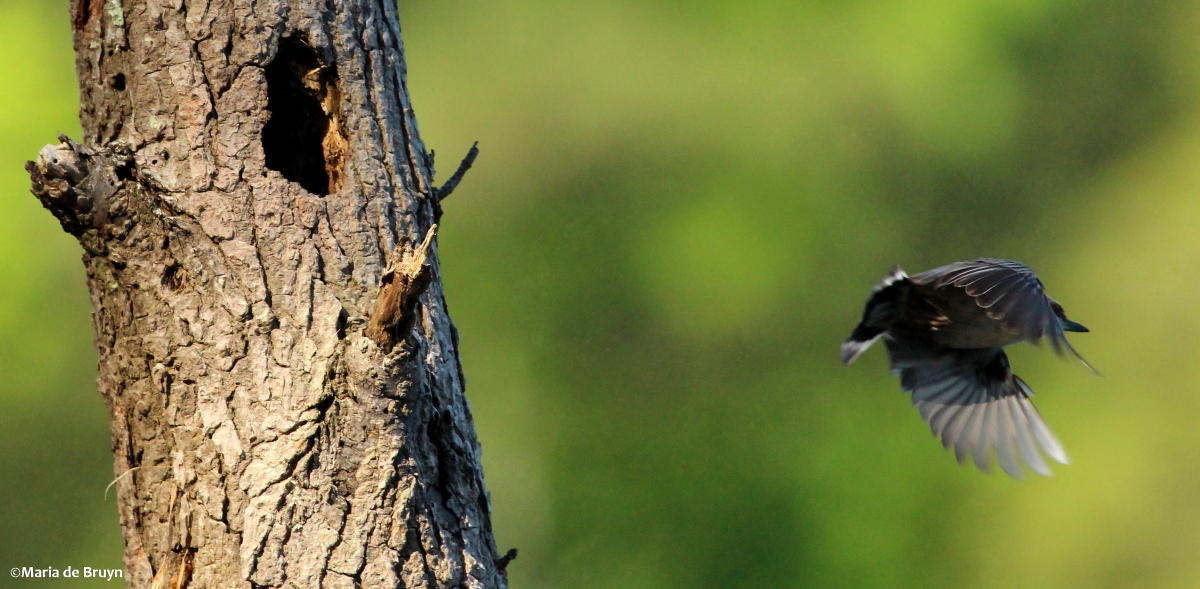In partnership with our chapters and network, Audubon North Carolina works to protect and advance state policies that promote bird conservation, habitat protection, and a responsible transition to clean energy.
Please welcome Greg Andeck, Senior Manager for Conservation Solutions. Greg manages Audubon North Carolina’s legislative agenda and outreach to state lawmakers, regulators and conservation partners.
Audubon’s groundbreaking Birds and Climate Change Report revealed that climate change represents a significant, long-term, threat to birds. In North Carolina, 170 of our most cherished birds - including the Brown Pelican, Wild Turkey, Osprey and Brown-headed Nuthatch - are in danger.
Climate change alters temperature and precipitation patterns that affect where birds can survive and also drives sea level rise, which threatens the habitat of coastal bird species.
If birds are in trouble, humans are too. Birds eat millions of insects every day, helping North Carolina’s farmers protect our food supply and keeping mosquito populations in check.

A Helping Hand for Birds
It’s time to give our birds a helping hand. We can give birds the help they need by making our bird populations as robust and resilient as possible, so they have the greatest chance of succeeding as climate change puts pressure on their ability survive. Planting native plants, putting up nest boxes, and protecting critical habitat are all things we can do in the short term to help our birds thrive.
But that’s not enough. In the long-term, we have to transition to cleaner sources of energy to slow and reverse the effects of climate change.
The State of Clean Energy in NC
Last year, North Carolina reached a number of important milestones in growing the market for clean, renewable energy. According to the NC Sustainable Energy Association, North Carolina’s clean energy industry grew 45% in 2015 to a record $7 Billion in total revenue, representing more than 3,000 new full-time equivalent jobs.
The state’s largest electric utility, Duke Energy, and North Carolina citizens invested hundreds of millions of dollars in new solar farms. In Eastern North Carolina, business and community leaders broke ground on the state’s first large-scale wind project, which will deliver up to 300 megawatts of emissions-free power to North Carolina’s grid.
Bird-Friendly Energy Policies
State policies like the Renewable Energy and Energy Efficiency Portfolio Standard (REPS) are critical to ensuring that North Carolina continues to attract investment from leading clean energy companies and generates ever-greater amounts of climate-friendly, clean energy.
Clean energy projects that are properly sited and designed can deliver a net benefit to birds and help ensure that our families continue to enjoy the birds we cherish for years to come.
During the 2016 Legislative Session, Audubon NC is working with lawmakers to support clean energy policies that expand solar energy like the Renewable Energy and Energy Efficiency Portfolio Standard (REPS) to reduce the long-term climate threat to birds in North Carolina and across North America.
Click here to learn more about the important clean energy polices impacting our birds and Audubon NC’s agenda for the 2016 Legislative Session. To stay up to date on policy issues where your voice can make a difference for NC birds, sign up for Audubon’s Action Alert Network.






